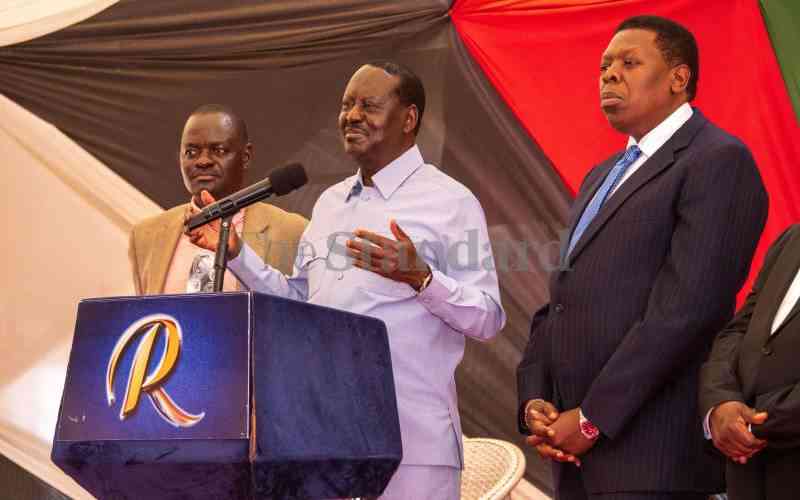
If anyone imagines the foul smell coming from the much-hyped Government-to-government deal on oil imports is a passing cloud, they must be very unknowledgeable of the country's economic history. Economic leeches refer to a shadow or black economy of dishonest people or criminals that operate outside the tax system or that bleeds the economy of collected taxes.
Tory Shepherd, in an article on The Guardian Weekly dated 19th June 2023, points out that the shadow economy leeched an estimated US$12.4 billion out of the Australian Economy. This estimate was based on the country's Auditor's report. Ideally, there are very few economies in the world that do not have economic leeches.